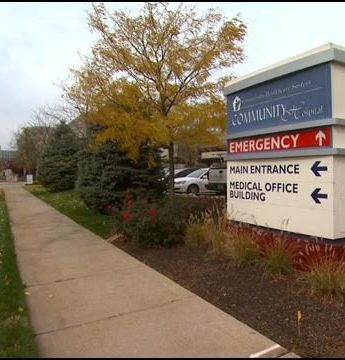Too much, too late: Medicare paid for meds after patients were dead
Call it drugs for the departed: A quirky bureaucratic rule led the United States Medicare’s prescription drug program to pay for costly medications even after the patients were dead. That head-scratching policy is now getting a second look. A report released Friday by the Health and Human Services Department’s inspector general said the Medicare rule allows payment for prescriptions filled up to 32 days after a patient’s death — at odds with the program’s basic principles, not to mention common sense. The report urged immediate changes to eliminate or restrict the payment policy. Medicare said it’s working on a fix.
Drugs for deceased beneficiaries are clearly not medically indicated, which is a requirement for (Medicare) coverage.
The IG report
Investigators examined claims from 2012 for a tiny sliver of Medicare drugs — medications to treat HIV, the virus that causes AIDS — and then cross-referenced them with death records. They found that the program paid for drugs for 158 beneficiaries after they were already dead. Medicare’s “current practices allowed most of these payments to occur,” said the report. It underscored that the problem extends beyond HIV drugs. Investigators found that of 348 HIV prescriptions dispensed for dead beneficiaries, nearly half were filled more than a week after the patient died. Sometimes multiple prescriptions were filled on behalf of a single dead person.

medicare Americas